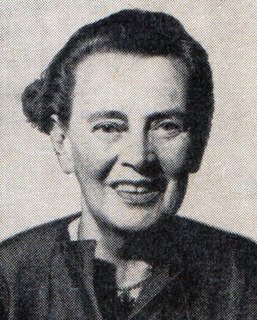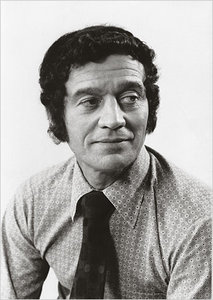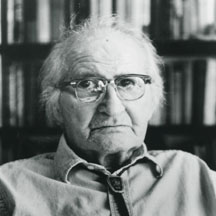A Quote by Storm Jameson
The writer - more especially the novelist - who has not, at one moment or another, considered his publisher unworthy of him, has still to be conceived.
Related Quotes
To choose a writer for a friend is like palling around with your cardiologist, who might be musing as you talk to him that you are a sinking man. A writer's love for another writer is never quite free of malice. He may enjoy discussing your failures even more than you do. He probably sees you as tragic, like his characters - or unworthy of tragedy, which is worse.
Next to the defeated politician, the writer is the most vocal and inventive griper on earth. He sees hardship and unfairness wherever he looks. His agent doesn’t love him (enough). The blank sheet of paper is an enemy. The publisher is a cheapskate. The critic is a philistine. The public doesn’t understand him. His wife doesn’t understand him. The bartender doesn’t understand him.
Detach the writer from the milieu where he has experienced his greatest sense of belonging, and you have created a discontinuity within his personality, a short circuit in his identity. The result is his originality, his creativity comes to an end. He becomes the one-book novelist or the one-trilogy writer.
A writer never forgets the first time he accepted a few coins or a word of praise in exchange for a story. He will never forget the sweet poison of vanity in his blood and the belief that, if he succeeds in not letting anyone discover his lack of talent, the dream of literature will provide him with a roof over his head, a hot meal at the end of the day, and what he covets the most: his name printed on a miserable piece of paper that surely will outlive him. A writer is condemned to remember that moment, because from then on he is doomed and his soul has a price.
The professions of novelist and journalist are very separate. As a novelist, you are ultimately working for yourself. Yes, you need the approval of a publisher and an audience, but what is valued in fiction writing - style, individual voice, insight - is scorned by the editor who is combing through your newspaper article.
When I was fifteen I wrote seven hundred pages of an incredibly bad novel - it's a very funny book I still like a lot. Then, when I was nineteen I wrote a couple hundred pages of another novel, which wasn't very good either. I was still determined to be a writer. And since I was a writer, and here I was twenty-nine years old and I wasn't a very good poet and I wasn't a very good novelist, I thought I would try writing a play, which seems to have worked out a little better.
I just read about John Le Carre, the great spy novelist. He had an absolutely miserable childhood. His mother deserted him when he was young. His father was a playboy and a drunk. He was shifted around to many different homes. He knew he was a writer when he was about nine, but he was dyslexic. So here was a person with an absolutely messed-up childhood and a symptom that prevented him from doing what he wanted to do most. Yet that very symptom was part of the calling. It forced him to go deeper.




































